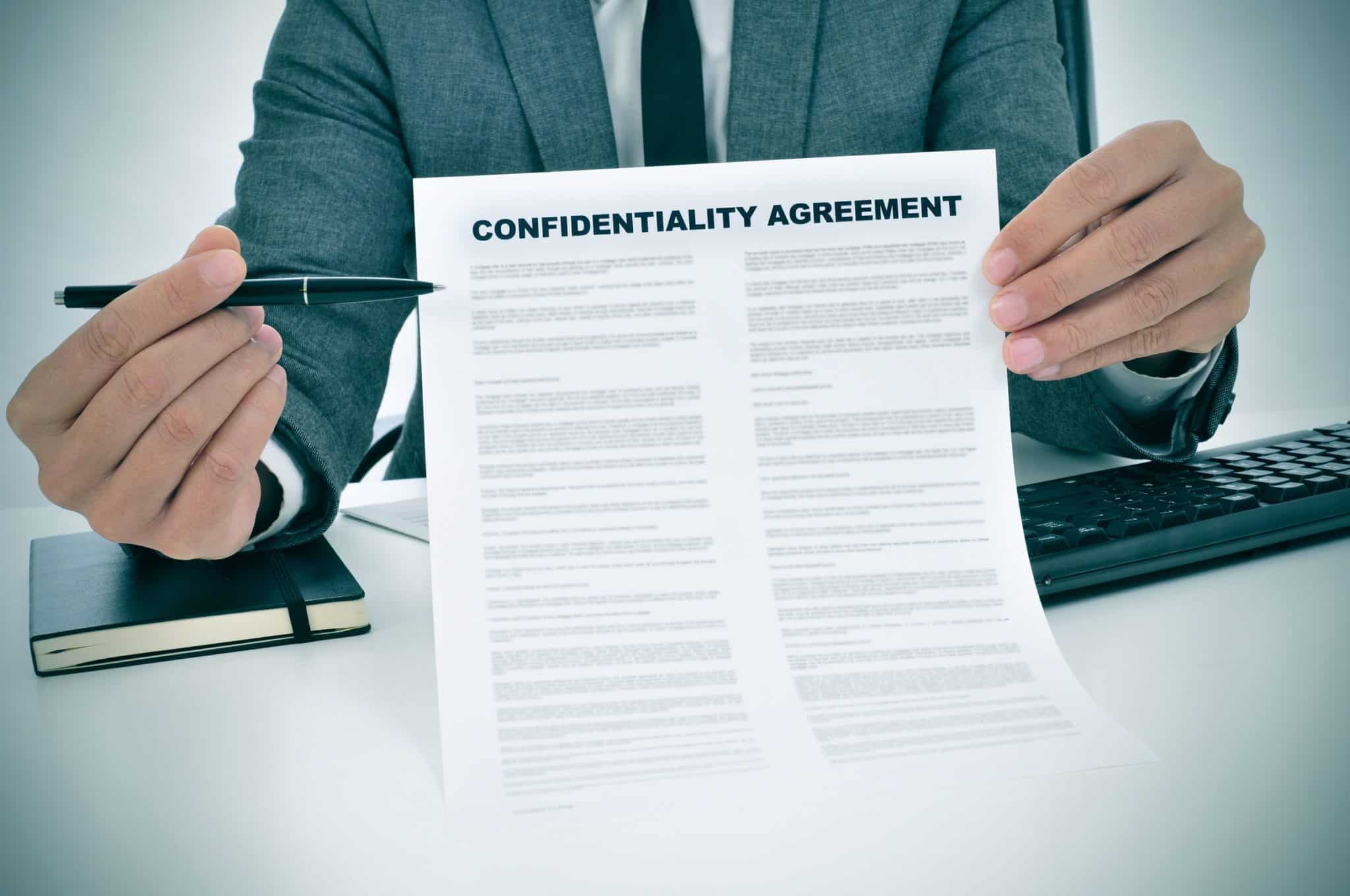
“Fracking” has made billions of dollars for states like Texas, Pennsylvania, Wyoming and Ohio, but this relatively new energy technology had also produced its fair share of corporate espionage, either through hacking or rogue insiders, seeking to steal industry secrets. Earlier this year the FBI’s Office in San Antonio told the local news media that it was “very concerned” about industry secrets from companies located in Eagle Ford Shale.
“It’s corporate espionage, there no question about it,” FBI agent Christopher Combs said. “Foreign governments or foreign companies are looking for any competitive advantage. Whether it’s the widget that you use to drill, or it’s a process that you use to track inventory better. They’re really looking at the company as a whole to find out every little thing that you do that makes you a better company on the world market.”
Texas is well known for its tech and energy companies, which rely on trade secrets to develop their businesses. It’s important that they guard their inventions, software, marketing information, customer lists, techniques, recipes, formulas, processes, and other information that helps them stay competitive.
If these secrets are improperly shared or obtained, a corporate or economic espionage charge may be filed. Economic espionage is type of white-collar crime, and can lead to incredibly serious penalties if you are convicted.
Because of this, it is important to know exactly how the laws of our state define “trade secret.”
How Texas Defines Trade Secrets?
The Texas statute defines a trade secret as “information, including a formula, pattern, compilation, program, device, method, technique, process, financial data, or list of actual or potential customers or suppliers, that: (A) derives independent economic value, actual or potential, from not being generally known to, and not being readily ascertainable by proper means by, other persons who can obtain economic value from its disclosure or use; and (B) is the subject of efforts that are reasonable under the circumstances to maintain its secrecy.”
To break this down further, a trade secret is something known only by employees inside a particular company. It is economically valuable and difficult to independently copy. Trade secrets are normally guarded under reasonable secrecy measures.
Texas law includes financial data and customer lists as trade secrets, which sets its statute apart from those in other states. It also holds a “reason to know” standard, stating that if a company should have known they were using trade secrets – even if they were unaware – they can be held liable.
Stopping the Theft of Trade Secrets in Texas – and Beyond
A court order called an injunction can be used to prevent a trade secret thief from sharing information. This injunction can be held in place as long as necessary to keep economic advantage from occurring by misappropriation. Trade secret victims can seek compensation based on either the actual loss or the profits gained by the thief.
Texas courts can award punitive damages of up to two times the award amount. The statute of limitations for a misappropriations charge related to trade secrets is within three years of the discovery of the theft.
By contrast, the federal law on trade secrets reads:
Whoever “steals, or without authorization appropriates, takes, carries away, or conceals, or by fraud, artifice, or deception obtains a trade secret; without authorization copies, duplicates, sketches, draws, photographs, downloads, uploads, alters, destroys, photocopies, replicates, transmits, delivers, sends, mails, communicates, or conveys a trade secret; receives, buys, or possesses a trade secret, knowing the same to have been stolen or appropriated, obtained, or converted without authorization…shall be fined not more than $5,000,000 or imprisoned not more than 15 years, or both.”
When Is Corporate Espionage Prosecuted?
Under the Economic Espionage Act of 1996, prosecution depends on at least five factors:
- Scope of criminal activity (including foreign involvement)
- Degree of economic loss to victim
- Type of trade secret that was stolen
- Effectiveness of the civil remedies available in the case
- Potential value of the prosecution as deterrent

Non-disclosure agreements protect companies from dissemination of trade secrets. If an employee signs an agreement, they are prohibited from sharing the information once they leave the company and can be sued if they share trade secrets with another business.
If you have been charged with the misappropriation of a trade secret, it’s important to consult with a defense attorney with a track record of success in these types of cases. Do not delay. Get in touch with our office as soon as possible to start crafting your defense strategy.



